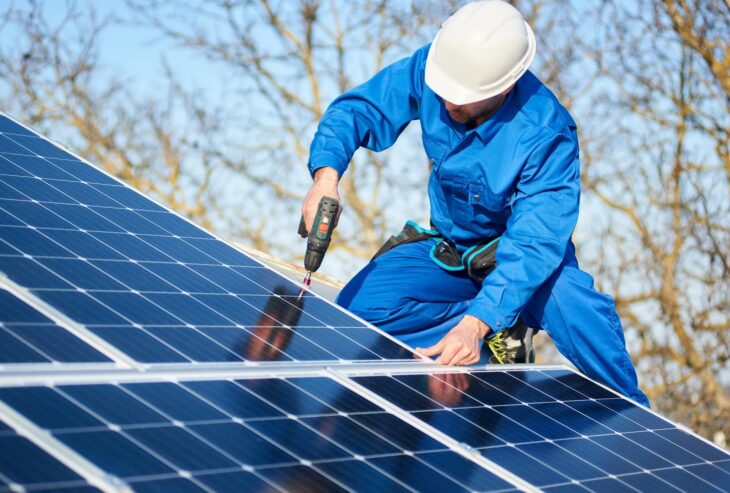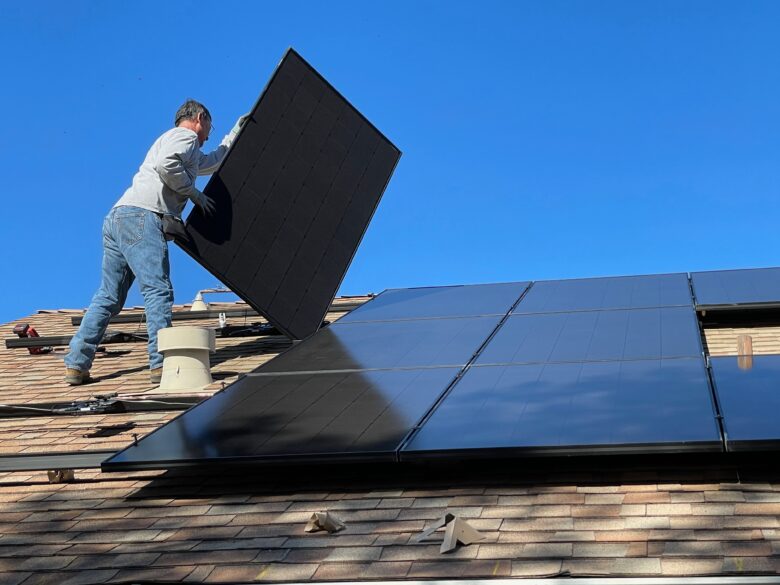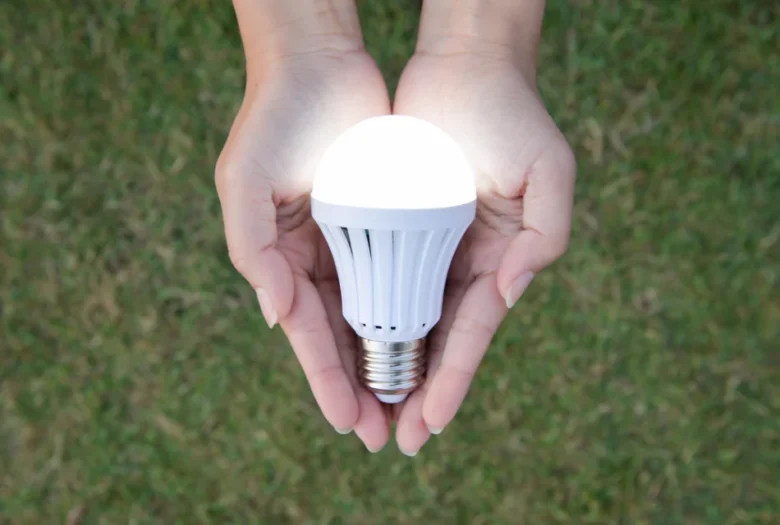A residential solar energy system is a system designed to provide a homeowner with renewable energy from the sun. This system typically consists of multiple solar panels, a battery bank, an inverter, and a power monitoring system. The solar panels are used to capture the sun’s energy and convert it into electricity, which is then stored in the battery bank. The inverter is used to convert the energy from the batteries into a usable form.
Residential solar energy systems are becoming increasingly affordable and popular and for good reason. If you want to learn more, read on to find out about the potential benefits of investing in a solar energy system for your home.

Source: medium.com
What are the potential benefits of a home solar energy system?
Investing in a home solar energy system offers a wide range of benefits. Solar energy systems typically use photovoltaic (PV) cells to capture the sun’s rays and convert them into usable electricity. This type of renewable energy is a smart choice for homeowners looking for ways to decrease their carbon footprint. If you want to know what you could save by switching to a solar system, then you should use this calculator. It can quickly estimate your home’s solar potential and your potential savings, based on your roof, electricity bill, and the actual offers available in your area.
Another benefit is the availability of incentives and rebates for installing home solar systems. These incentives provide homeowners with financial assistance to help offset the costs associated with purchasing and installing a solar energy system. Furthermore, many states offer additional tax credits that can be used to reduce or even eliminate the homeowner’s out-of-pocket expenses for their new solar energy system. These incentives make it easier for them to recoup their investments over time via lower electricity bills as they use more clean energy.
Since people are increasingly looking towards greener lifestyles when considering purchasing properties—both existing ones or newly built houses—having features like at least partial reliance upon renewable energies has become a major selling point in today’s marketplace, thus adding more value onto any investment made into installing a solar system.

Source: homescape.solar
How else can you make your home more sustainable?
In recent years, the concept of sustainable living has gained traction across the globe, and it’s become essential for us to take action toward a more eco-friendly lifestyle. Making your home more sustainable is an excellent way to make a positive change for the environment while also reducing your energy bills, improving your health, and increasing your property value.
One way to make your home more sustainable is by investing in energy-efficient appliances. Upgrading to energy-efficient appliances, such as refrigerators, dishwashers, or air conditioning units, can save you plenty of money in the long run.
Another way to make your home more sustainable is by incorporating sustainable materials into your interior design. For instance, using sustainable materials such as bamboo, recycled glass or metal, and reclaimed wood in your flooring, countertops, and furniture can have a significant impact on the environment while adding a stylish touch to your home.
You may also want to upgrade to a smart thermostat. These smart thermostats can be programmed to automatically adjust the temperature based on your schedule and preferences, which can reduce your energy consumption. Smart thermostats also provide you with valuable insights about your energy habits by tracking how much energy you use and when so you can optimize your energy usage to be as eco-friendly as possible.
Additionally, utilizing natural lighting and incorporating plants in your home decor can improve air quality, create a relaxing atmosphere, and add some greenery to your space.
You should switch to using LED lightbulbs, too. LED lightbulbs are the latest in energy-efficient lighting technology and are quickly becoming the preferred choice for households around the world. LED lightbulbs use significantly less energy than traditional bulbs, so they can lower your energy costs. LEDs are long-lasting and have a lifespan that is well beyond traditional bulbs, so you’ll rarely have to replace them. They also generate significantly less heat than traditional bulbs, meaning that they’re safer to use and won’t add to your heating bills.
These easy-to-follow tips can help you make your home more sustainable and contribute to a greener world.

Source: azocleantech.com
What is the value of sustainability?
Sustainability is a critical concept in today’s modern world. It refers to creating environmental, economic, and social systems that are capable of enduring over time while preserving natural resources, reducing carbon footprint, and ensuring the equitable distribution of benefits. The value of sustainability cannot be overstated, and its significance extends far beyond the realm of just environmental concerns.
One of the critical benefits of adopting sustainable practices is the promotion of long-term business success. By developing sustainable strategies, businesses can mitigate future risks to their operations, including regulatory changes, public perception, and supply chain disruptions. Furthermore, sustainable business practices often lead to increased efficiency, cost savings, and improved profitability.
Sustainability also plays a crucial role in creating a better future for generations to come. By reducing harmful emissions, conserving natural resources, and promoting social equality, we can ensure a healthier and more prosperous planet for our children and future generations. Additionally, sustainability aligns with the values of socially responsible businesses and their customers, thus increasing customer loyalty and brand reputation. Ultimately, the value of sustainability lies in creating a better world for people, businesses, and the planet.
Again, one of the best places to start is solar energy. Investing in a home solar energy system has numerous potential benefits, from reducing your electricity bills to protecting the environment. You can even be eligible for federal and state incentives that make the investment more affordable. Solar energy systems are perfect for homeowners who want to reduce their electricity costs and contribute to a more sustainable future. You don’t have to stop there—remember, you can make your home even more eco-friendly by upgrading to a smart thermostat and switching to LED bulbs. Follow the tips in this article, and you can maintain a green and energy-efficient home.
